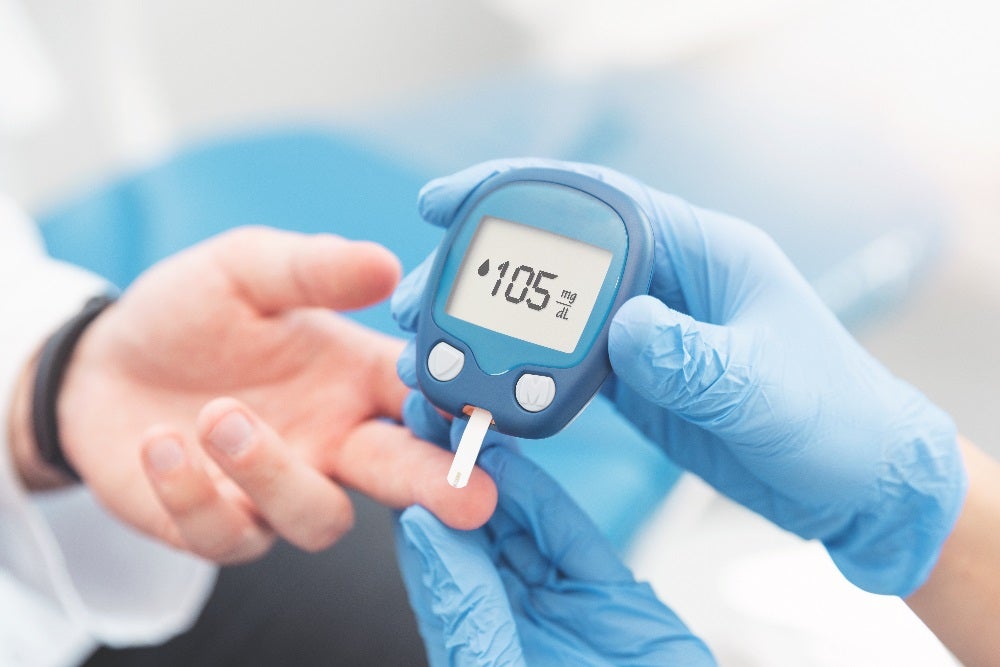Time: 2024-08-01
COVID-19 survivors with diabetes may require long - term monitoring of lung abnormalities , according to new research published July 27 in Academic Radiology . During the early stages of the pandemic , diabetes was associated with higher mortality , disease severity , and worse prognosis . Chinese radiology experts sought to better understand the lasting effects of this phenomenon , conducting a prospective study among nearly 300 patients who had recovered from the coronavirus.
At the three - year mark , individuals with diabetes had higher incidence of respiratory symptoms , lung abnormalities on CT scans , and problems moving oxygen into the blood . Factors including diabetes , allergies , being female , fibrotic - like changes on chest imaging , and suffering severe COVID were all independent predictors of lingering lung problems , experts noted.
Researchers recruited a total of 278 patients recovering from the virus for their multicenter study . They included 111 individuals with diabetes ( 97 % had the Type 2 variety ) and another 167 control subjects without the chronic metabolic disease . Subjects underwent serial chest CT scans , filled out symptom questionnaires , and completed pulmonary function tests at 6 months , 1 year , 2 years , and 3 years after hospital discharge . Age , gender , and COVID-19 severity distribution were comparable between the two groups.

Among survivors with diabetes , nearly 30 % had respiratory symptoms , 50 % had reduced lung diffusion capacity for carbon monoxide , and 51 % had radiological lung abnormalities at the three - year mark . All levels were higher than in the control group , the authors noted . CT changes such as bronchiectasis and honeycombing persisted through the study 's conclusion , potentially signaling irreversible lung damage in survivors of COVID-19.
The number of people newly diagnosed with diabetes , particularly with Type 1 diabetes ( T1D ) , has increased since the start of the Covid-19 pandemic . T1D can be precipitated by environmental factors like viruses , and Covid-19 may negatively affect pancreatic function and insulin secretion . Covid-19 may affect insulin - producing cells in the pancreas , either by directly damaging them or as a side effect of inflammation caused by the immune system fighting the virus , leading to T1D.
A recent study published in the scientific journal Nature used the national healthcare databases of the US Department of Veterans Affairs ( VA ) to determine that Covid-19 survivors were about 39 % more likely to have a new diabetes diagnosis in the six months after infection compared to non - infected users of the VA health system . Prior to the pandemic , GlobalData expected the diagnosed prevalence of T1D to grow by 0.93 % , and that of T2D to grow by 1.80 % , each year in the US . As Covid-19 may lead to diabetes , these growth rates could increase.
Diabetic Covid-19 patients can be harder to treat due to fluctuations in blood glucose levels and the presence of diabetes complications . The rates of diabetic ketoacidosis ( DKA ) have increased during the pandemic . Infectious diseases in people with T1D often trigger DKA , and Covid-19 may therefore lead to poorer outcomes in children and adolescents with T1D than in their peers without diabetes.